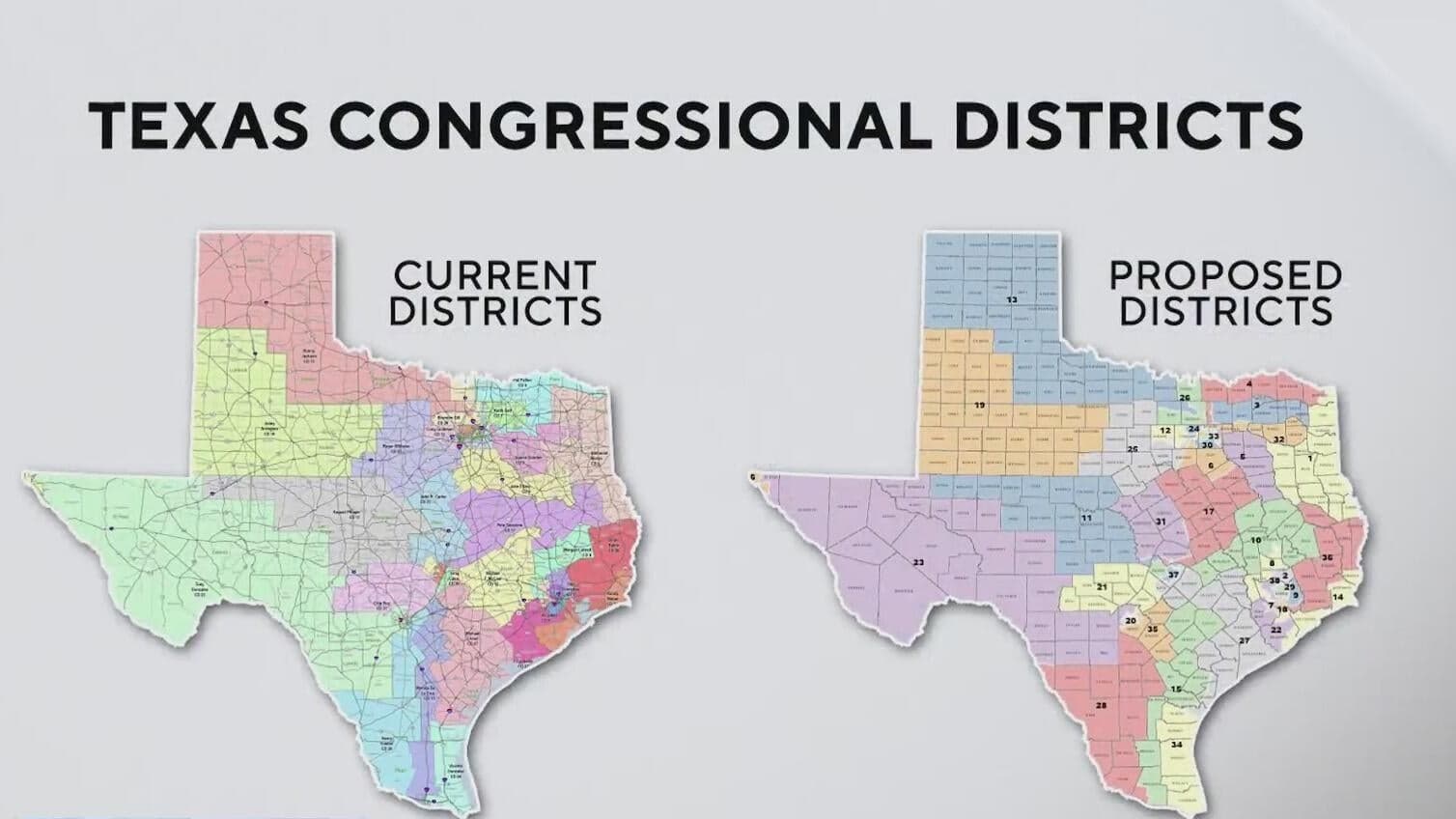Trump Shrugs at Ted Cruz 2028 Speculation, Signals Confidence
President Trump said he was not surprised that Senator Ted Cruz is reportedly laying groundwork for a 2028 White House bid, telling reporters in the Oval Office "That's a long time." The exchange highlights renewed jockeying inside the Republican Party as influential voices including Steve Bannon assert "Trump is going to be president in '28, and people just ought to get accommodated with that," signaling continued consolidation around former administration figures.

President Trump on Wednesday downplayed the prospect of a future primary challenge from Senator Ted Cruz of Texas, telling reporters in the Oval Office that a possible 2028 presidential bid is simply "a long time." The comment came after an Axios report that Cruz, who ran in the 2016 Republican primary, has begun laying groundwork for another national campaign.
Cruz was one of 16 Republicans who contested the 2016 nomination against Mr. Trump before Mr. Trump secured the Republican nod and won the White House. The two men have maintained a complex relationship since then, fluctuating between public alignment and occasional friction as they navigate the party's policy debates and personal rivalries.
The moment underscores an emerging theme within the Republican Party as potential contenders assess a political landscape still largely dominated by former administration figures. Steve Bannon, who served as White House chief strategist in 2017 and now hosts an influential MAGA podcast, told The Economist on October 23 that "Trump is going to be president in '28, and people just ought to get accommodated with that." That blunt assertion reflects a confident wing of the party that sees Mr. Trump as the center of gravity for conservative voters and activists.
For Cruz, a senator with a national profile on judicial and immigration issues, the calculus is complicated. A 2028 bid would require building a multiyear national operation, raising donor support and carving out distinct policy appeals that can attract both traditional conservative constituencies and Republican voters loyal to Mr. Trump. Cruz's previous campaign showcased his ability to mobilize conservative infrastructure and donor networks. Yet the enduring popularity of Mr. Trump among a large portion of Republican primary voters creates a high bar for any challenger.
The domestic implications for the Republican Party are clear. A protracted intra-party contest would intensify debates over strategy, rhetoric and foreign policy orientation at a moment when the United States faces persistent global challenges. European allies and Asian partners watch U.S. domestic politics closely, aware that leadership contests shape Washington's foreign policy priorities and diplomatic predictability. Markets and security planners factor in the potential for shifting U.S. commitments when high profile politicians openly contemplate long term rivalries.
Mr. Trump's understated response also serves as a signal to his political opponents and allies that he is both unruffled and central to the unfolding GOP narrative. Whether his shrug is a dismissal or a strategic minimization, it will contribute to the framing of any future Republican primary contest.
As potential contenders test the waters, the party faces a choice between coalescing around a continuity candidacy and opening a broader contest over ideological direction and electability. The dynamics that unfold over the next months and years will determine not just who leads the Republican Party in 2028, but how it presents itself to American voters and the world.

